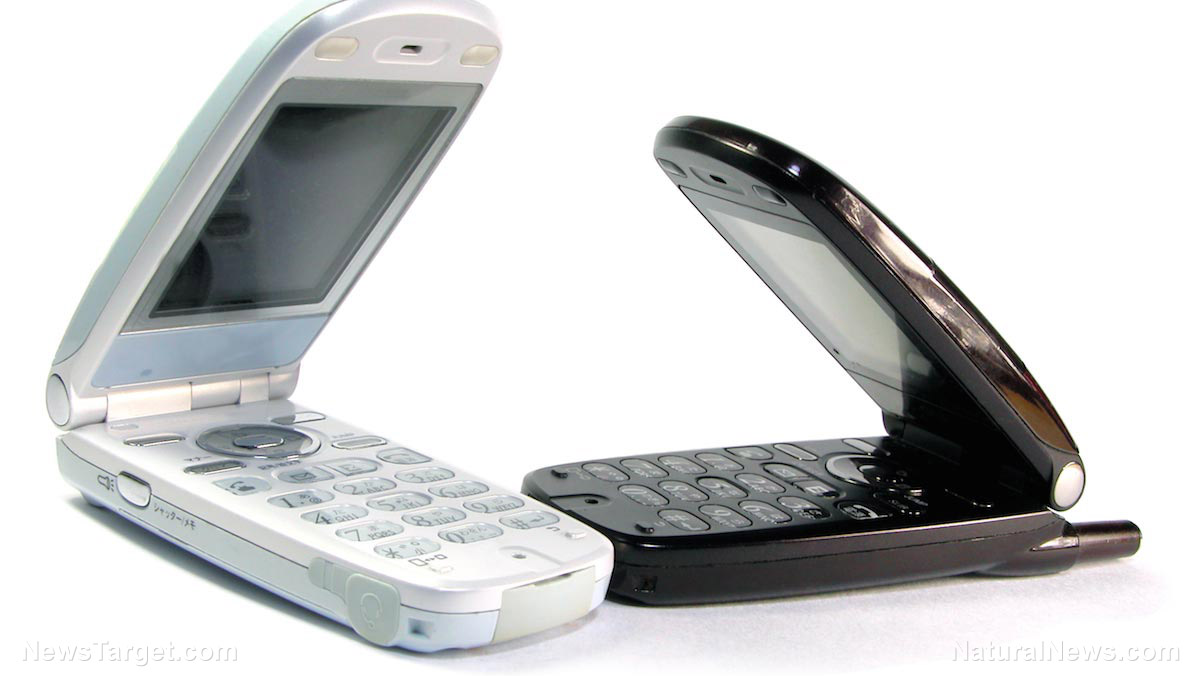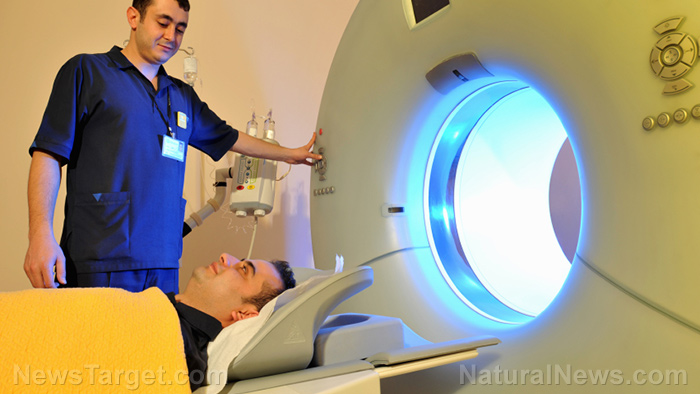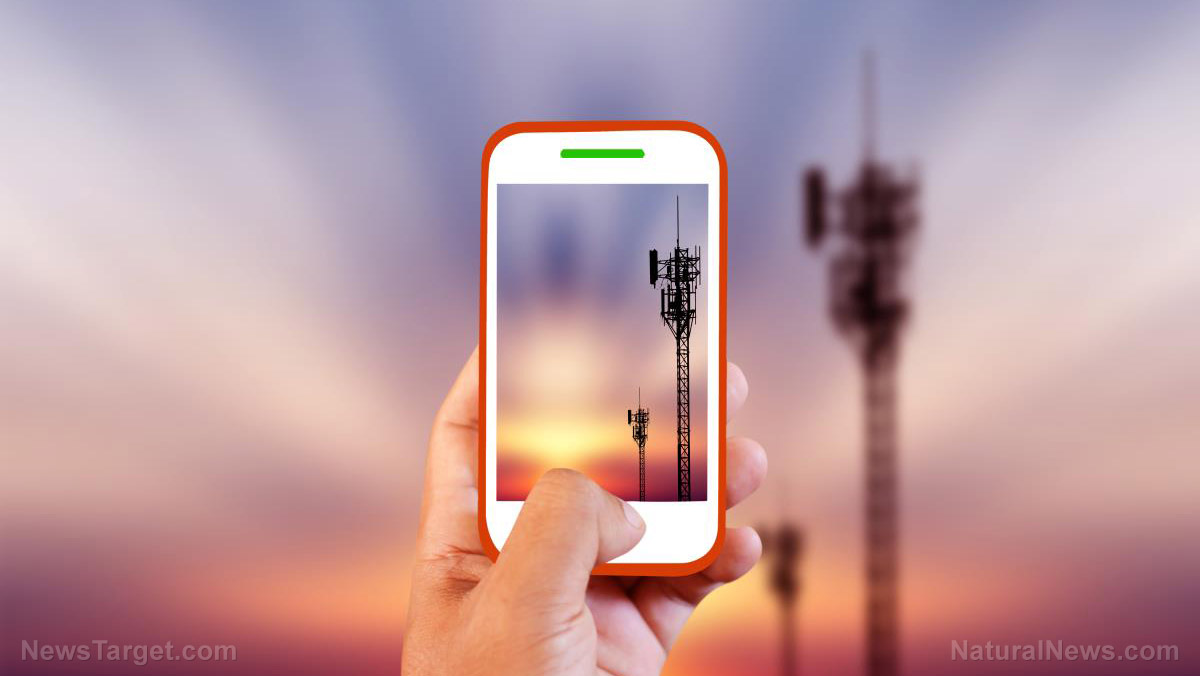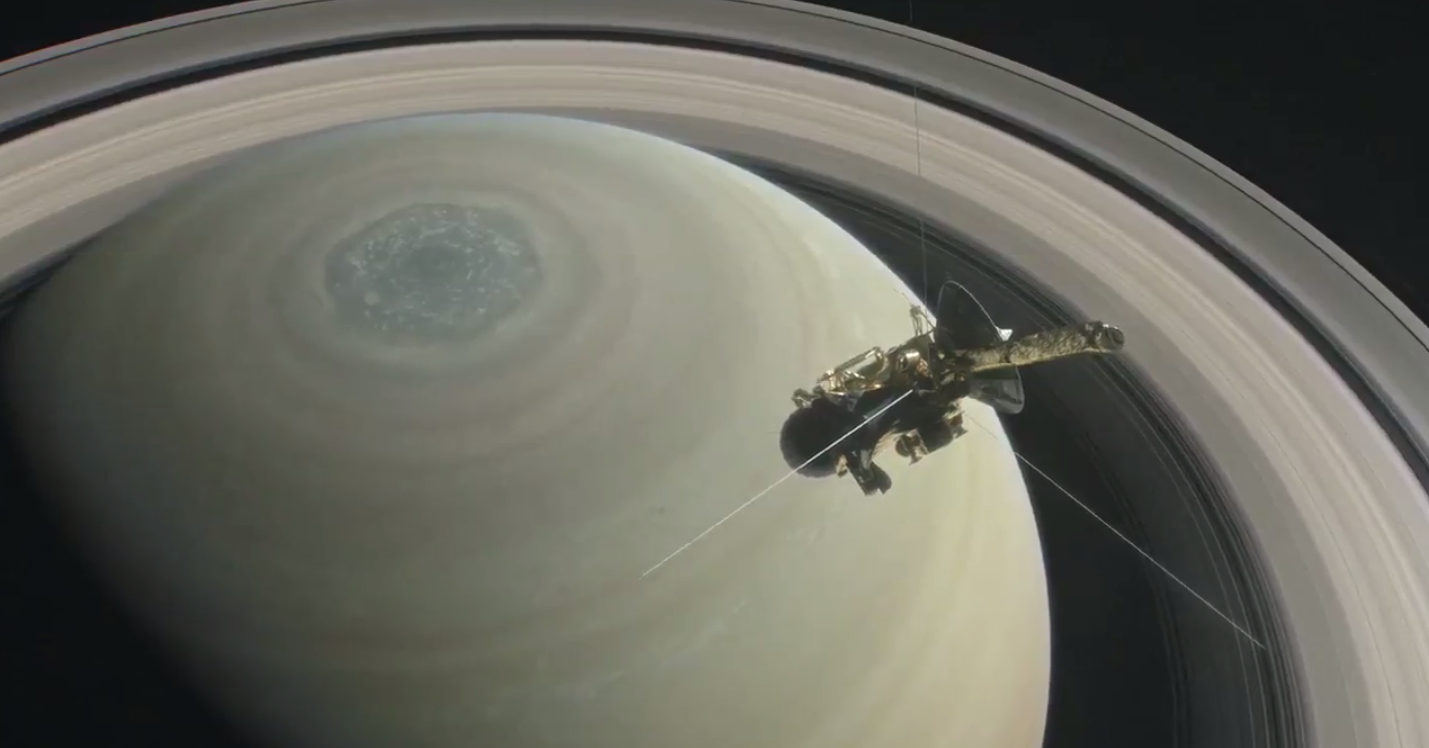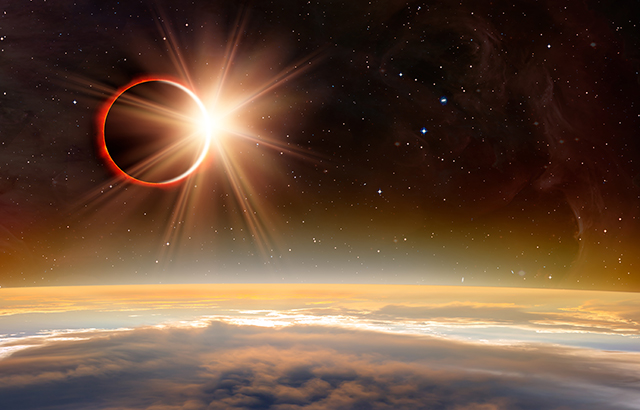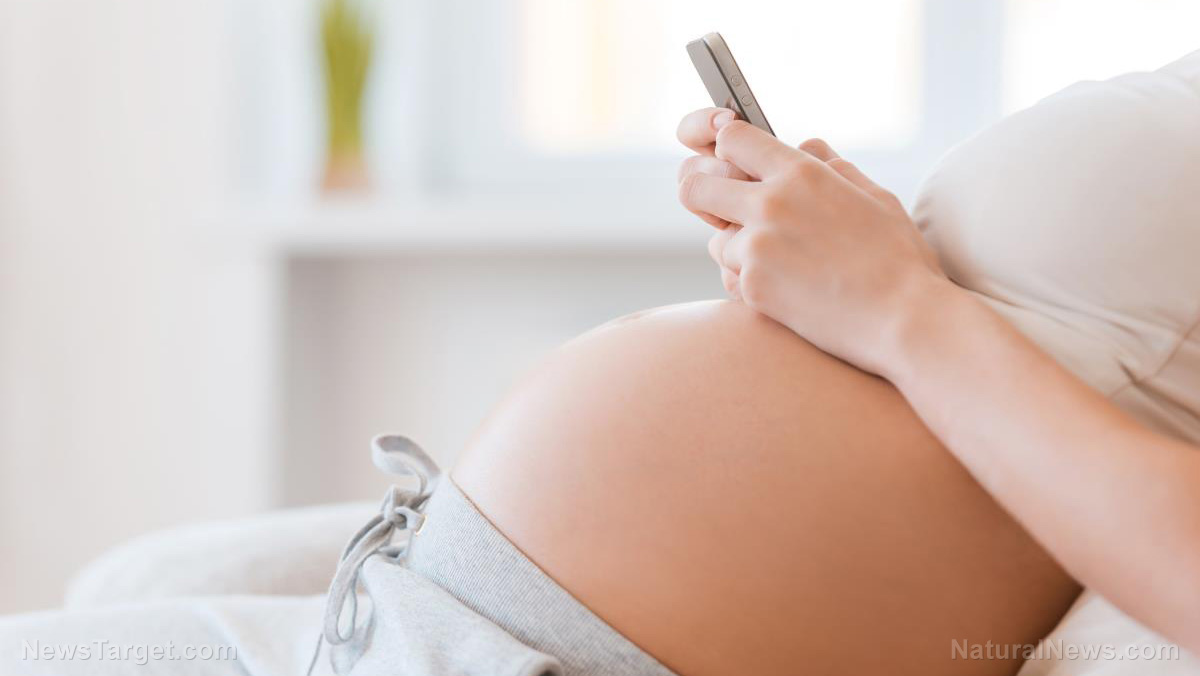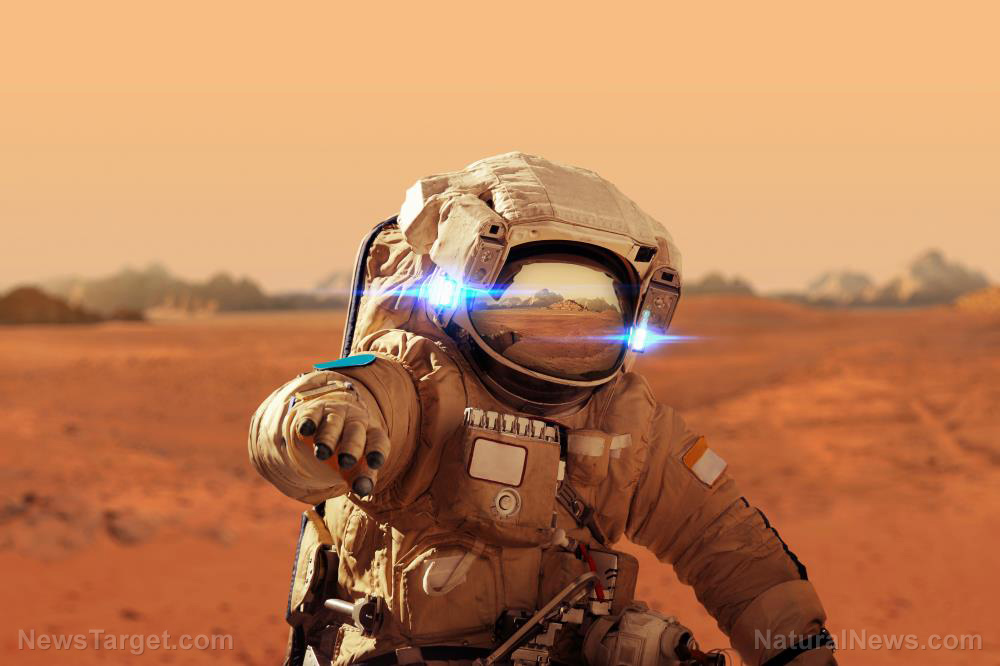Microgravity and radiation: Astronauts headed to Mars will face many health challenges
09/13/2018 / By Rita Winters
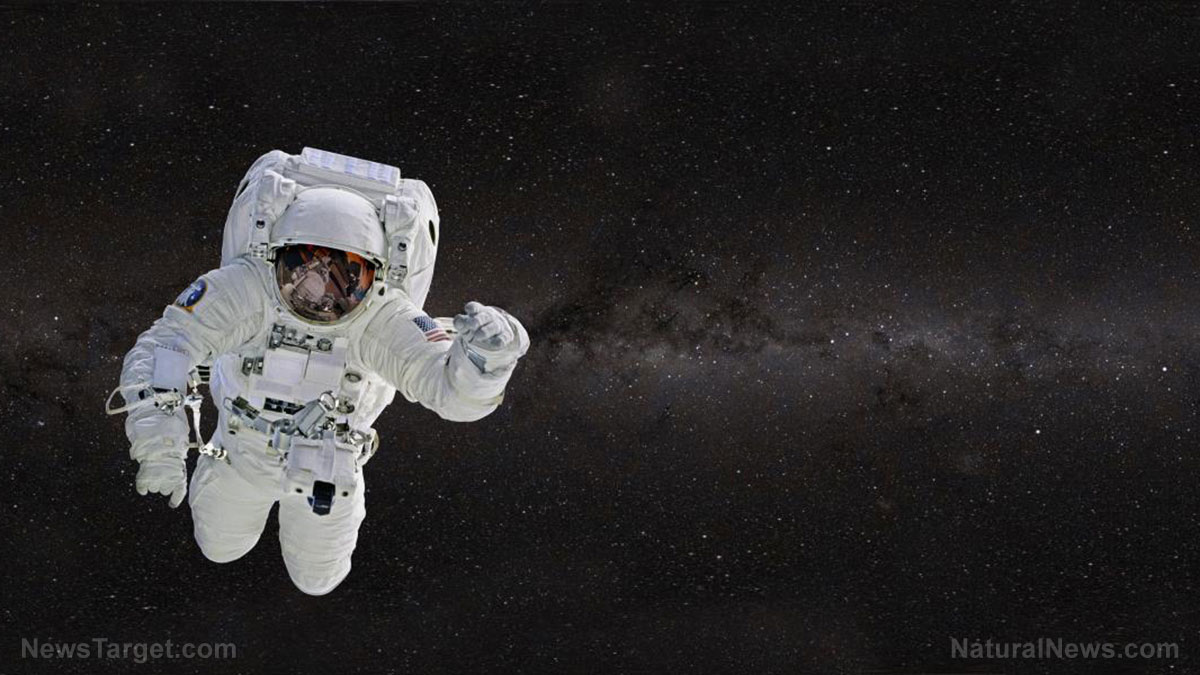
A recent study from researchers of the Virginia Commonwealth University (VCU) discovered that microgravity, a condition where people or objects appear to be weightless, causes muscle and bone loss. This may pose a risk for astronauts who will be traveling to other celestial bodies such as the moon and Mars, especially for long periods of time. While scientists have previously suspected that radiation negatively affects muscles and bones, microgravity has been found to be the factor that sets the wheel (of bone and muscles loss) in motion.
According to Dr. Henry Donahue, chairperson of the Department of Biomedical Engineering at the VCU School of Engineering, bones are dynamic tissues – the presence of factors that react to it, such as gravity, make bones bigger to meet these demands. The lack of demand factors, on the other hand, is detrimental to bone growth and may result in your body not producing enough bone and muscle cells. If there is no demand for it, the body does not waste its time building what is not needed.
The study sets a foundation for future National Aeronautics and Space Administration (NASA) projects, including deep space travel. It establishes that astronauts will be facing increased and prolonged exposure to space radiation as well as microgravity. Tests on mice showed that simulated space radiation did not directly cause muscle and bone loss, but simulated microgravity did. Combining the two factors, muscle and bone loss were increased and hastened.
“Radiation plus microgravity amplifies the negative effect of microgravity on bone, but does not affect muscle loss,” Donahue stated. “It’s as if exposure to radiation itself doesn’t affect bone, but it makes it more sensitive to the negative effects of microgravity.”
What are the risks of being an astronaut?
You’d think that being an astronaut would be the best job there is — having a magnificent view of space and of the Earth. Then again, with all the risks involved, you might want to keep your feet on the ground instead. Astronauts who stay in space too long experience problems from radiation and microgravity.
While much of the bone damage from microgravity can be reversed upon return, prolonged exposure to weightlessness may also increase the risk of kidney stones and bone fractures, which are both associated with bone demineralization. Microgravity also debilitates the bones’ ability to self-heal after fractures. Since muscles are not necessarily used in space, there is a risk of muscle atrophy. The heart is considered a muscle, and is, therefore, also at risk when exposed to space for a long period. Microgravity also affects the neurovestibular system, or the set of neural sensory, motor, and brain circuits that manages balance, vision, and orientation. Astronauts who return to Earth usually have a difficult time re-orienting themselves to walking and other normal human tasks, and some even suffer from immunodeficiency and hypotension (insufficient blood pressure).
Furthermore, space missions also alter the normal circadian rhythm of an individual. Without a 24-hour cycle dictated by the planet’s rotation, sleep loss and other sleep disorders arise, causing psychosocial effects on astronauts, as well as susceptibility to disease and other physical disorders. Radiation from space is a huge factor, and many space scientists are currently working on developing a means by which astronauts can avoid being exposed to it. Radiation is known to cause cataracts and cancer, as well as other physiological processes.
Sources include:
Tagged Under: astronauts, bone health, dangers of space, fitness, microgravity, radiation, Space, space radiation, space science, space travel, weightlessness


